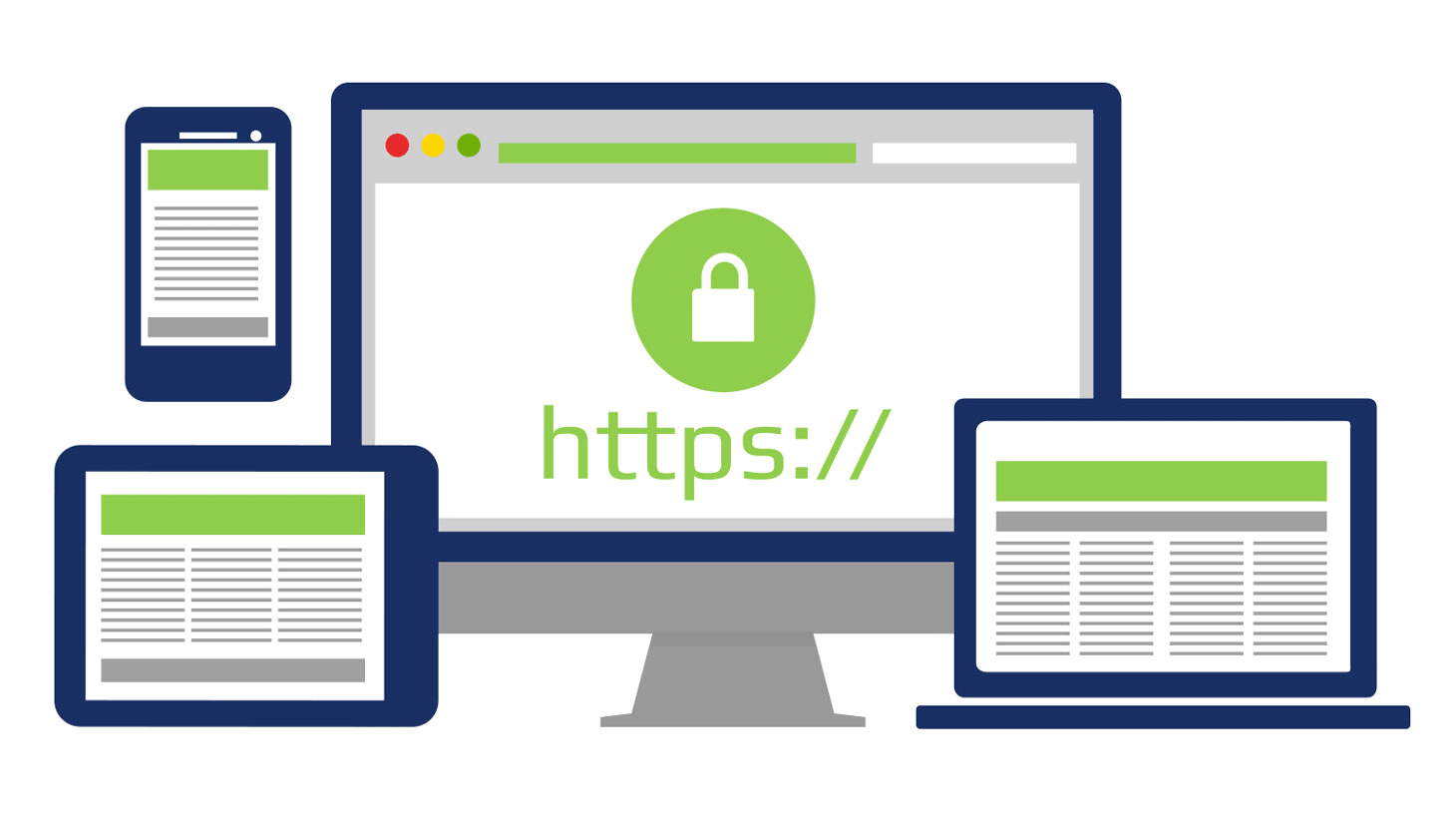Anyone who owns a website can no longer avoid an SSL certificate. As soon as users have the opportunity to enter, save or transmit data online on the website, they should be able to rely on the secure and encrypted transmission of the information. But what is SSL anyway? In this blog post we will show you the meaning behind this and why an SSL certificate is so important for your website.

An SSL (Secure Socket Layer) certificate identifies the encryption of data transmission via the https protocol. Put simply, SSL provides the data packets with a digital envelope that can only be opened with the correct key. A 128-bit encryption is used for this. A total of four keys are in use. One each to encrypt and decrypt the data and one each to authenticate incoming and outgoing data packets. The further development of SSL is now taking place under the name TLS (Transport Layer Security).
An SSL certificate is particularly important when private or sensitive data such as bank information, passwords, address data, date of birth or the like are transmitted. But also beyond that, SSL encryption has already become the standard and is used when a website is used purely for the purpose of conveying information or the credibility of the information located here is of particular importance. In the browser address line, an SSL-secured website can be recognized by the https protocol and the stored SSL certificate:
For websites that use an outdated https protocol or no encryption at all, a security warning appears in the browser address bar. Because without encryption, all incoming and outgoing data can be easily read by third parties, which is why confidential information such as passwords or credit card numbers should never be entered on such websites.
An SSL certificate can be issued via a certification provider such as GlobalSign. We also offer SSL certificates with various security levels through this. Depending on how worthy of protection the transmitted information on the website is, certificates can be issued accordingly. We will report in our next blog about the different forms of SSL certificates and which SSL certificate is the right one for your website.